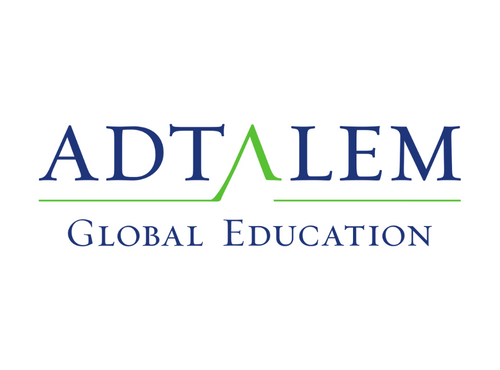Thousands of aspiring physicians are turned away from medical school every year despite a projected U.S. shortage of 139,000 physicians by 2033. Two international medical schools, Ross University School of Medicine (RUSM) and American University School of Medicine (AUC), are committed to closing this workforce gap by creating pathways for qualified and deserving students who have been overlooked by the education system. Since 1978, we have graduated more than 22,500 physicians—many of whom practice in underserved communities and areas of greatest need.
As access-mission medical universities, RUSM and AUC serve diverse, non-traditional students who often require individualized support in a high-volume learning environment. This support became significant during the pandemic as students struggled to study for and pass the daunting USMLE Step 1 exam, the first hurdle to US physician licensure. As pandemic-related Step 1 challenges increased, RUSM leveraged impactful partnerships with AUC and parent company Adtalem Global Education to develop a Pathways to Step 1 program for students in varied states of academic readiness.
Design thinking was used to understand student needs and develop a holistic success framework with targeted academic, social, and wellness interventions. Solutions were prototyped, tested, iterated, and refined based on student outcomes, and the initiative moved a significant number of students out of the Step 1 gap toward graduation.
This program has become a model for cross-collaboration and has driven change and improvement across both medical schools. Importantly, it has allowed us to continue our mission to have a profound impact on health.























